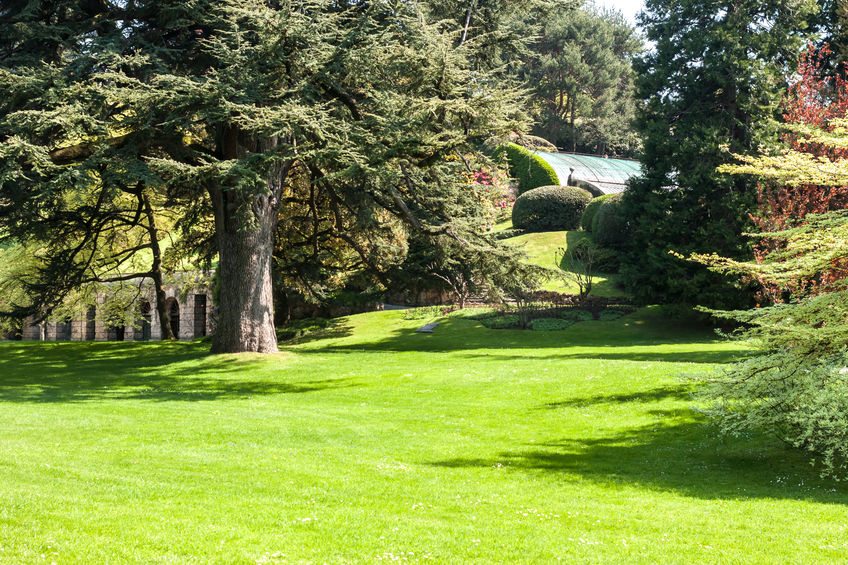
What Types of Grass Grow Best In New Jersey?
: 5 Minutes to Read
It’s known as the Garden State, so it seems like any type of grass should grow in New Jersey. However, for such a small state, the terrain and soil vary wildly. It’s important to note that the ideal grass for one region of New Jersey may not be right for another. Of course, there are plenty of specialists who are working hard to improve seeds to be used everywhere, but for now… well, the recommendation tends to be that the best way to grow a great lawn is to use a mix of different grass seeds. Having said that, let’s take a look at the best grass seeds for New Jersey.
Kentucky Bluegrass – it’s probably the most well-known grass seed of them all. It’s the most recommended grass for New Jersey. Despite its name, not only is the grass seed not from Kentucky, it isn’t from the US! In fact, it came all the way from Europe (though it’s also found in areas of Asia). The ideal number is to plant around three pounds of seed per 1,000 sq ft of lawn. The best time to seed Kentucky Bluegrass is spring or fall.
Fine Fescues – in the southern region of New Jersey the soil is much different from the north. So, for southern cities, Fine Fescues are a good choice. There are different types of fescues, and you can mix them to get the best result. However, typically the hard fescue is efficient in sandy and dry soil. Creeping fescue does well in shade, and chewing fescue is the attractive option. They all need very little maintenance.
Perennial Ryegrass – if you need a grass that can handle heavy traffic, then Perennial Ryegrass might be right for you. Here’s the thing – it needs plenty of water and if you live in a dry area, it might not turn out well for you. Like Kentucky Bluegrass, you are looking at three pounds of seed per 1,000 sq ft. The seeds germinate quickly, you’ll see sprouts within a week if you create the ideal conditions for it.
The Hardiness Zone
Before you determine which grass seed is right for you, you need to check out your hardiness zone. In New Jersey, this ranges from 6a to 7b. That can mean a temperature swing of 20 degrees. Typically, the interior areas and northern regions of New Jersey are 6a and 6b. It’s the coastal and southern regions that are in 7a or 7b. You can still find that out online using your zip code. That should help you settle which grass seed is right for you.
Mixed Seed
Of course, there are also drawbacks. Mixing your seeds might not create the uniform look you will achieve with a single grass seed.
However, the pros do outweigh that. Mixed seeds offer pest management – if you plant a single grass, a pest can wipe out your whole lawn. Whereas, a mixture will offer you protection from a variety of pests. Additionally, life cycle – when you have a ryegrass that grows quickly it can fill in patches where erosion has occurred. With the different growth patterns with various seeds, you can establish your lawn quicker and it will be more attractive.
What Time Of Year Is Best To Plant Grass Seed In New Jersey?
Planting grass in New Jersey can be done in late spring and early summer but the best time to plant grass seed is late August to early November.
If You’re Thinking of Seeding or Re-seeding Your Lawn, Contact Us And Ask About Our Lawn Seeding Services. 888-655-2967
